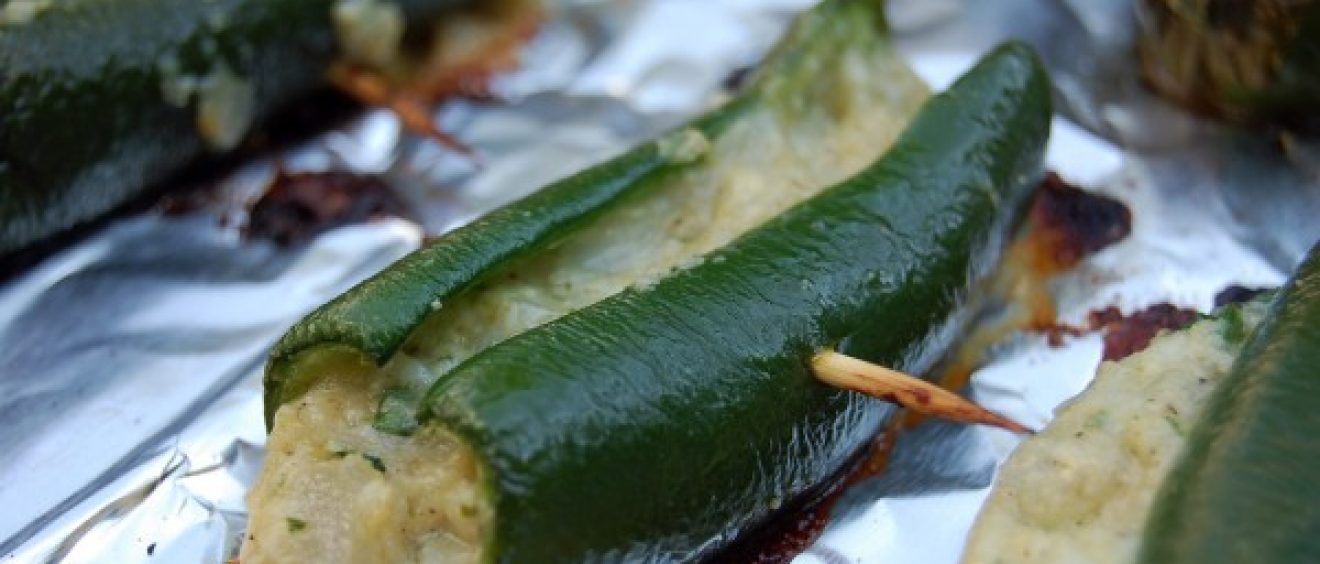
Just In Time for Summer: AP Settles Barbecue Debate; Deems Foodie Real Word
Today the Associated Press releases its first ever food section for the 2011 AP Stylebook. What does this mean for food lovers? We can finally settle the debate on what barbecue means: Can grilling and barbecuing be used interchangeably?
Growing up, I would use barbecue to simply mean a party where we grilled foods. We were not eating actual food that had been barbecued: no pulled meats, with either dry or wet rubs coating the skin. We ate dogs and burgers. As I learned more about the severity of the vinegar vs. tomato-based barbecue debates, I became careful not to use the term barbecue when I all I wanted to do was grill jalepeno poppers. Although, now it looks like I’ve been doing it right all along:
barbecue: The verb refers to the cooking of foods (usually meat) over flame or hot coals. As a noun, can be both the meat cooked in this manner or the fire pit (grill). Not barbeque or Bar-BQ.
But this isn’t the only food war settled. Among AP Food Editor Jason M. Hirsch‘s most interesting findings, which he detailed on a call last week:
- Bloody mary is not capitalized, but sloppy Joe is;
- Fluffernutter is trademarked, as well as Broccolini;
- Use foil when referring to aluminum foil, and definitely not tin foil. (“It’s never been made out of tin,” Hirsch discovered.)
Hirsch admitted he was “puzzled over whether to include foodie.” But he deemed the word “pervasive” enough in the culture to provide it a proper definition:
foodie: Slang for a person with a strong interest in good food.
While I hate the term, I do find it useful when describing the current crop of food lovers. It’s more fresh than gourmet: “a person who likes fine food and is an excellent judge of food and drink;” but also sits above the fine line of gourmand: “a person who likes good food and tends to eat to excess; a glutton.” (Or does it?)
My favorite find, though, brings me back to the frightening, yet ridiculous days of post 9/11: the changing of french fries to freedom fries. Why is the f in french not capitalized when talking about these magically fried spuds: “lowercase french because it refers to the style of cut, not the nation.”





as a person who is equally aroused by pine nuts and proper capitalization, this is perhaps the most exciting day of my life. I totally back the decision on french fries – they have nothing to do with France.
But why bloody mary but sloppy Joes?
Thank you! Moved from the north to the south a few years ago, and got made fun of every time I asked friends to come over for a barbeque, when really I meant just come over and let’s grill some food. They forced me into saying “cookout” and “grill out” instead.
Ooh, I know someone who’ll be none too pleased about the style guide’s ‘barbecue’ definition. But have style guides ever been a source of information for settling debates anywhere outside of the publishing world?
I give the guide some applause on its explanation of the gourmand/gourmet pair: this is a debate invented by non-francophones, for whom the meanings are clear. The former tends to mean greedy or gluttonous, in a pejorative sense. Even when used casually, it has a negative tinge (e.g., fondness for eating for the sake of eating). The latter carries the epicurean meaning usually intended in English.
re: bloody mary vs. sloppy Joe:
If the dish is named after an actual person or place then it’s capitalized, such as Alfredo in fettuccine Alfredo and Parmigiano-Reggiano. Although there is a difference between Parmesan and P-R (see below), but both are capitalized. The food editor said, though, that he bets just like cheddar (originally from Cheddar in England), parm will soon loose its capitalization because the cheese is now made everywhere.
Parmesan: A hard, sharp cow’s milk cheese style after Italy’s Parmigiano-Reggiano.
Parmigiano-Reggiano: An Italian Parmesan cheese, only used with cheese made in specific
regions of Italy.
and @thresher. I think there’s some weight behind the AP styleguide’s inclusion of certain words and definitions. The fact that foodie is now in there will surely keep the word around and legitimize its usage, however many of us still cringe at its utterance.
I’m sorry, but I can’t stand it when someone calls their grill a barbecue. It’s even worse than calling a cookout a barbecue. To each their own though, so I just bite my tongue and laugh a little inside. To barbecue is a method of cooking, not a social gathering, or the name of your grill. You can do it on your grill, and when doing so, it’s a great excuse to invite your friends over. Still, it’s a big disappointment when some Yank invites be to a “barbecue”, and there is none to be had.